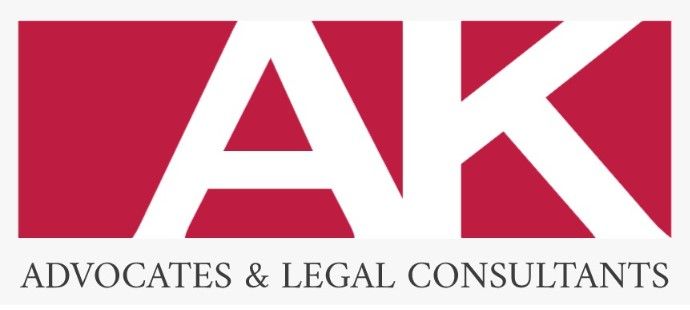Board of Directors Know your responsibilities to monitor compliance and ethics in your organizations
In recent years, we have been constantly informed of various cases of bribery, embezzlement and sexual harassment in various companies in Israel and around the world that might have been prevented if the directors were more aware of their responsibility for the existence and implementation of the ethics and compliance programs in their organizations.
Managers, boards of directors and audit committees have a special responsibility for supervising and managing the organization's ethics and compliance programs, and there are many guidelines and rules set by the various regulators, such as the Israel Securities Authority, the Tel Aviv Stock Exchange and other organizations.
Moreover, the criticism of the lack of supervision by the boards of directors on ethics and compliance has increased in recent years, and the responsibility of the boards of directors to monitor ethics and compliance has been emphasized by a number of US court rulings.
Robust Code of Ethics or code of conduct are critical components of corporate ethics and compliance programs. A culture that embraces the importance of ethics and compliance can be established only if employees, officers and directors know and understand the requirements of the ethical code. In the United States, for example, the SEC, NYSE, and NASDAQ require that an ethical code or code of conduct be established as a condition for registration.
What really happens on the ground on the subject?
In a recent report by LRN, which deals with educating organizations of ethics and compliance, entitled:
"What's the Tone at the Very Top? The Role of Boards in Overseeing Corporate Ethics and Compliance"
With regard to the role of boards of directors in supervising the ethics and compliance of the company, there is a great disconnect between the boards of directors and their responsibility to supervise ethics and compliance (E & C). CECOs say that boards of directors tend to give E & C little reference despite the significant business, legal and reputation risks involved in ignoring proper handling of these issues.
Ethics and compliance failures can have enormous implications, as the E & C function is directly related to the board's core affairs: value and reputation. Problems with these matters on the part of the board can destroy companies, destroy their reputation and value. Also, it is not superfluous to note that as a result, members of the board can also be in legal and financial jeopardy.
It should be remembered that the neglect of E & C is related to many of the scandals that have been published about companies in recent years, exactly what boards are trying to avoid at all costs. Indeed, one of the first questions that arises when a failure to comply is, "Where was the board of directors?"
For example, the board of directors of the company Roy Weinstein did not act against the sexual abuse of the founder until there was no choice, and as a result the company was forced to declare bankruptcy in the end after a huge public response. It should be emphasized that the board of directors of Weinstein is not an abnormal anomaly.
Suggestions for a solution
First, communication and training are critical to the adoption and cultivation of ethical culture. The ethical code should be available to all members of the organization by including it on the organization's intranet site, the employee's absorption program, and the company's training documents. Some companies require employees, including directors, to sign an annual certificate in which they certify that they have read, understood, and obeyed the Code. If the employee refuses to sign the approval, the committees must encourage companies to take immediate and quick disciplinary action, until the termination of the contract with the employee. The publication of disciplinary measures taken in response to code violations is a common way to communicate to employees that violations are taken seriously.
Second, management must work together with those responsible for corporate ethics and compliance to work to ensure that the organization's code of ethics or conduct meets the relevant requirements and to create business and organizational culture in which C & E is incorporated into the organization's long-term business strategy and is not forced into discussions of the board


